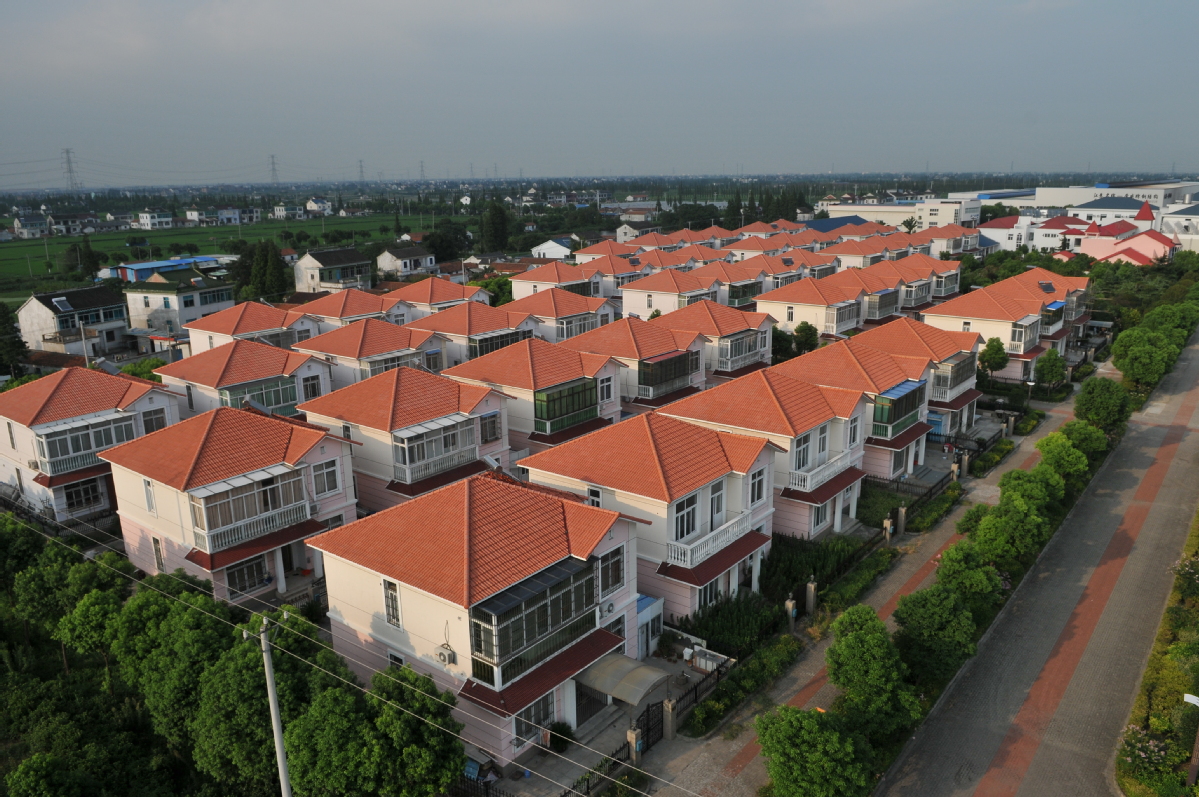Elders find comfort beyond their dreams


Ni still remembers that he and his neighbors lived in dilapidated houses with dirt walls and thatched roof. Before the 1970s, the average yearly income of the villagers was less than 70 yuan.
Due to poverty, more than half of the men over 35 years old in the village could not find a female partner.
To add insult to injury, 70 percent of the villagers were diagnosed with schistosomiasis, a disease caused by parasitic worms that could cause, among other symptoms, emaciation, extreme malnutrition, abdominal dropsy and hepatosplenomegaly.
In 1966, 23-year-old Chang Desheng became the director of the village and held a meeting with the villagers at a room that just had one broken desk. All the people stood up for five hours and reached an agreement-their poverty was not destined and they could change their fate by working hard.
Chang and the villagers then spent more than 10 years to improve the fields to better grow crops and run a steel company which later became the biggest production base of steel components in Jiangsu province.
To improve the fields, the villagers had to fetch soil to the village from remote areas. They often got up at 4 am, walked for hours and picked up two full baskets of earth with a carrying pole on their shoulders.
Now, the yearly income of Jiangxiang has exceeded 20 million yuan. The total value of collective assets of the village have passed 1 billion yuan.
It has been equipped with a library, a cinema, a theater and a science museum. It also has rivers, wetland parks and farmlands that grow organic crops. Many villagers have grown fruits and vegetables in their yards.
More than 60 percent of the village is now covered by trees and flowers. Every year, nearly 300,000 tourists go to the village for sightseeing.
The purpose of keeping large areas of farmland and wetland, in Chang's words, is to "make the village a forest and benefit the later generations".




































